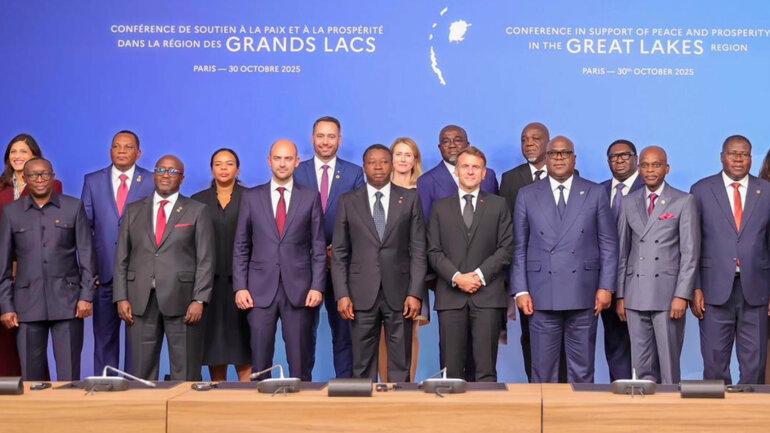
- Diplomatie

A UN summit on food security vowed in a final declaration Monday to take "urgent action" to eliminate hunger affecting more than one billion people around the world.
Hunger is "an unacceptable blight on the lives, livelihoods and dignity of one-sixth of the world's population," the declaration said, but failed to cost its proposals for beating it.Some 60 heads of state and government, including Togo President Faure Gnassingbe, are attending the three-day World Summit on Food Security at the Rome-based UN Food and Agriculture Organisation, dubbed the "Hunger Summit."
Humanitarian groups have slammed the absence of leaders of the world's wealthiest countries, and criticised the final declaration for omitting mention of a UN 2025 deadline for the complete eradication of world hunger.
They noted that no new financial commitments are contained in the document, which calls on wealthy nations to honour the pledges of 20 billion dollars (13.3 billion euros) in aid over the next three years they made at July's Group of Eight summit in L'Aquila, Italy.
"Rich countries are failing to show enough interest and urgency," said Oxfam spokesman Frederic Mousseau.
The declaration is "just a rehash of old platitudes," said Francisco Sarmento, food rights coordinator of the anti-poverty group ActionAid.
The summit delegates said they "commit to substantially increase" the percentage of development aid spent on agriculture and food security.
FAO chief Jacques Diouf has called for 44 billion dollars a year in official development assistance to be invested in agriculture, a level equivalent to about 17 to 18 percent of aid which the UN considers necessary for effectiveness.
That level was seen in 1980, shrank to 3.8 percent as of 2006 and has recovered to around five percent today, Diouf said.
The summit declaration also outlined five "principles" for combatting the scourge, including a "twin-track approach" to food security comprising direct action for the most vulnerable and sustainable "medium and long-term programmes to eliminate the root causes of hunger and poverty."
Others call for investment in "country-owned plans aimed at channelling resources to well-designed and results-based programmes and partnerships; "strategic coordination" at all levels and improved "efficiency, responsiveness, coordination and effectiveness of multilateral institutions."





